Imagine coming home after a long, exhausting day, only to be welcomed by a wagging tail, soulful eyes, and a gentle nuzzle. For countless seniors, this daily ritual is more than just a greeting—it’s a lifeline. The loyalty of dogs is legendary, but why do some breeds seem to form especially deep connections with older adults? The answer isn’t just in their genetics—it’s woven into the very heart of what makes dogs, well, dogs. This article dives into the fascinating psychology behind dog loyalty, exploring why certain breeds become steadfast companions for seniors. Whether you’re a lifelong dog lover or just curious about the magic behind those furry bonds, you’re in for a surprising journey.
What Does Loyalty Mean in the Dog World?
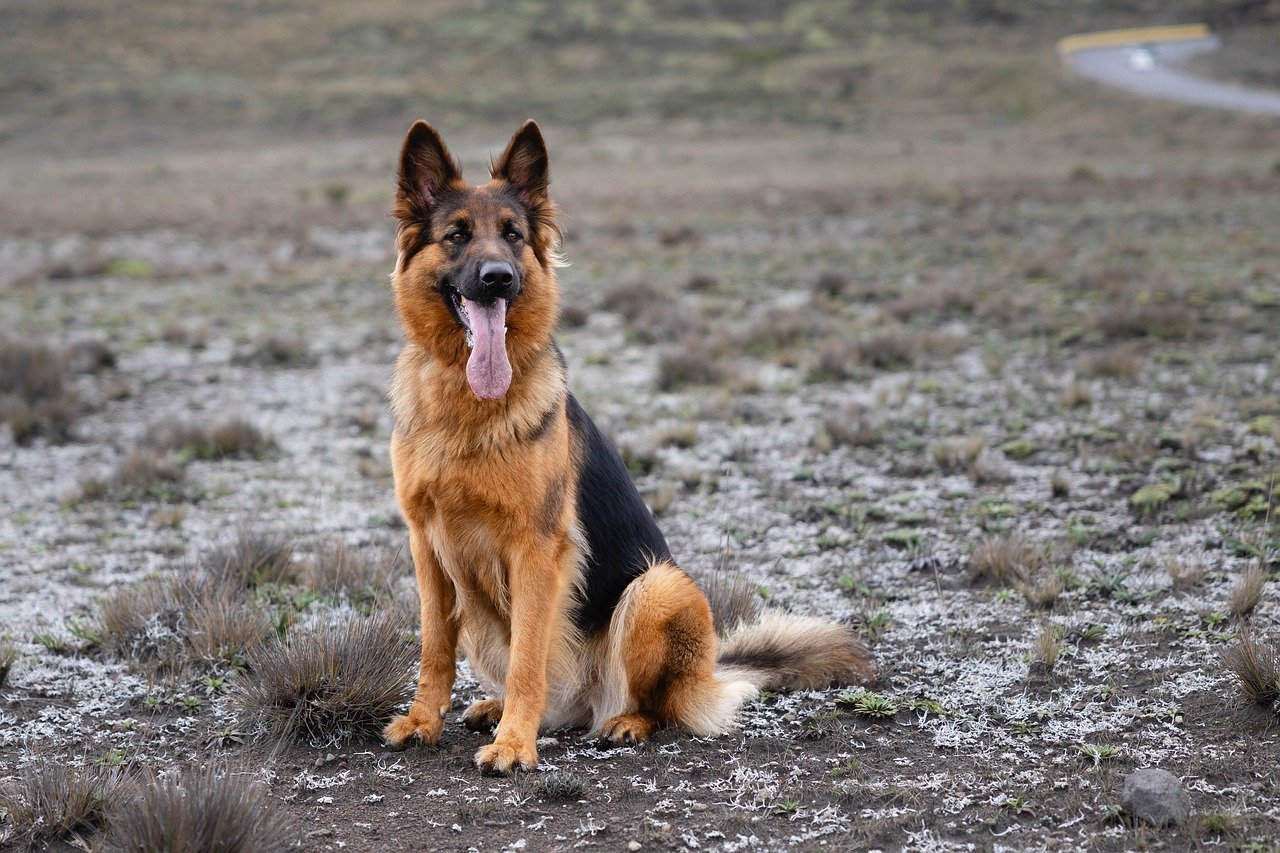
Loyalty is one of the most cherished traits in dogs, but the depth and nature of that loyalty can vary greatly between breeds—and between individual dogs. Interestingly, some breeds are especially inclined to form deep, lasting bonds with seniors. Whether it’s due to their calm demeanor, intuitive sensitivity, or preference for routine, certain dogs seem naturally attuned to the emotional and physical needs of older adults.
Loyalty in dogs isn’t just about following you from room to room or waiting at the door. It’s a powerful, emotional connection that often goes deeper than simple obedience. Dogs see their humans as their pack, and loyalty is their way of saying, “You’re my family.” For seniors, who may face loneliness or isolation, this loyalty can become a comforting presence that fills the home with warmth. Unlike humans, dogs don’t judge or hold grudges; their loyalty is pure, consistent, and sometimes even overwhelming. It’s not rare to hear stories of dogs sensing an owner’s sadness and curling up beside them, refusing to leave until the mood lifts. In many cases, this bond becomes a crucial part of a senior’s emotional well-being, acting almost like a living, breathing security blanket.
The Roots of Canine Attachment
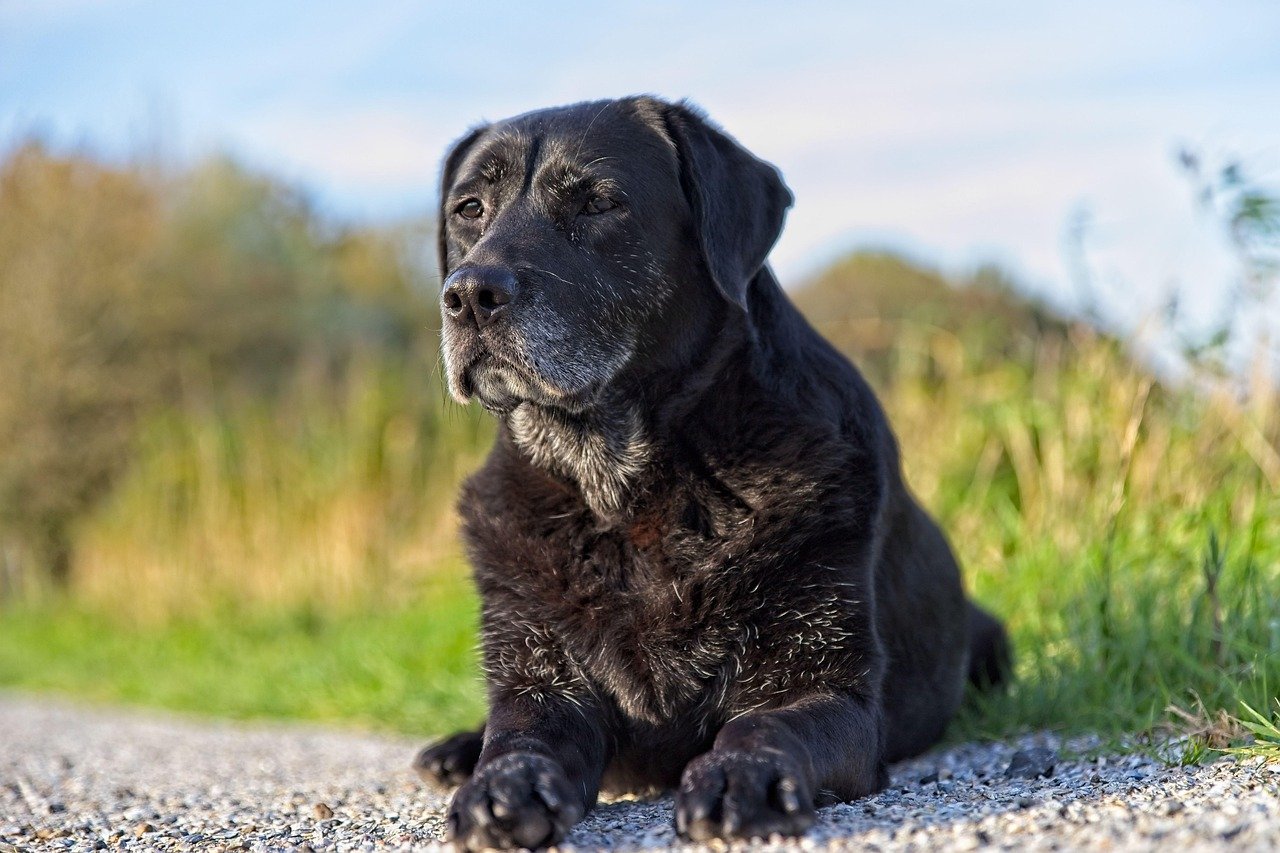
The instinct for attachment in dogs goes all the way back to their wolf ancestors. Wolves form tight-knit packs, relying on social bonds for survival. Over thousands of years of domestication, these instincts have been fine-tuned to suit human companionship. Dogs are hardwired to look for leaders, to nurture relationships, and to seek approval from those they trust. For seniors, who often have more time and patience than younger people, this creates fertile ground for a strong, lasting attachment. A slower pace of life means more cuddles, more eye contact, and more shared routines—all things that make dogs feel safe and cherished. This isn’t just feel-good talk; studies show that dogs who develop strong attachments with their humans have lower stress and even healthier immune systems.
Why Seniors Make Ideal Companions for Certain Breeds
There’s something almost magical about the way some breeds gravitate toward older adults. Seniors tend to move at a gentler pace, which suits breeds that thrive on calm and consistency. Breeds like the Cavalier King Charles Spaniel, Shih Tzu, and Bichon Frise are famous for their affectionate natures and low-energy lifestyles. These dogs don’t need marathon runs or constant stimulation; they want quiet company, soft voices, and steady routines. Seniors often provide just that. Plus, older adults usually have more time for daily walks, regular feeding schedules, and cozy evenings on the sofa. This predictability reassures dogs, making them more likely to form deep, trusting bonds.
The Role of Empathy in Dog Loyalty
It’s almost eerie how sensitive some dogs are to human emotions. Scientists believe certain breeds, especially those bred for companionship, have a kind of “empathy radar.” For example, Golden Retrievers and Labradors are known for their uncanny ability to pick up on subtle cues—like a sigh, a frown, or even a change in posture. With seniors, who might experience more frequent ups and downs, this emotional sensitivity becomes even more important. Dogs can sense when their human needs comfort, acting almost like a four-legged therapist. They might lay their head on a lap, nudge a hand, or simply sit quietly nearby. This emotional connection isn’t one-sided; it creates a feedback loop, strengthening the bond and making both the dog and the owner feel understood.
Attachment Styles: Not All Dogs Love the Same Way
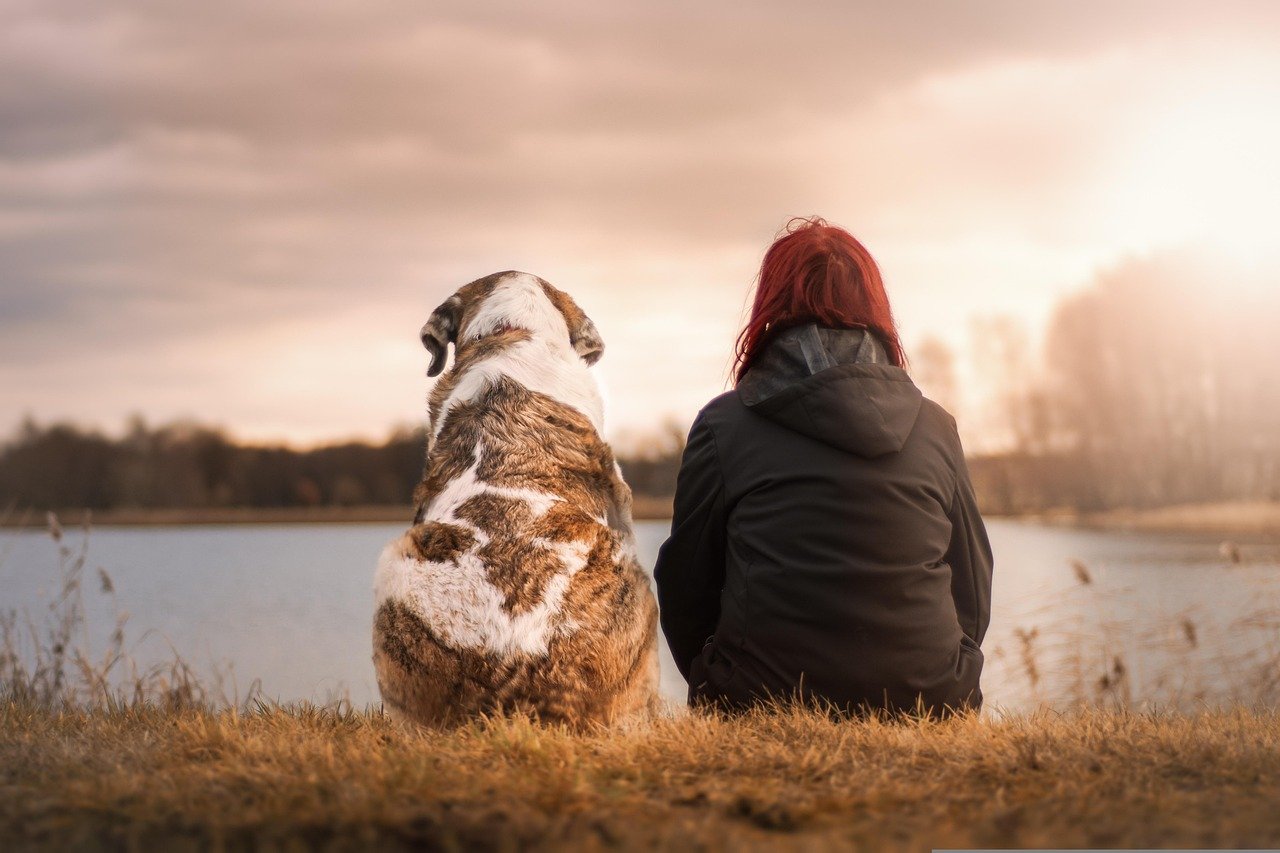
Just like people, dogs have different “attachment styles.” Some are velcro dogs, glued to their owner’s side, while others are more independent. Breeds like the Pug or Maltese are notorious for wanting constant contact, sometimes even following their humans into the bathroom! For seniors who crave companionship, these breeds can be a perfect fit. On the flip side, more aloof breeds—like some terriers—may not bond as deeply or may need more space. Understanding these differences helps seniors find a companion who matches their emotional needs. It’s not about choosing the “most loyal” breed, but the one whose attachment style feels just right.
How Routine Deepens the Bond
Routine is like a lullaby for dogs—it calms their nerves and helps them feel secure. Seniors, who often have set routines, provide exactly the kind of stability dogs crave. Feeding times, walk schedules, and bedtime rituals all help dogs know what to expect. This predictability makes dogs feel safe, which, in turn, makes them more loyal and affectionate. For example, a senior who takes the same morning walk every day might notice their dog waiting by the door, tail wagging in anticipation. These shared moments, repeated day after day, are the glue that holds the bond together. Over time, the routine itself becomes a source of comfort for both dog and owner.
Genetics and Breed Personalities
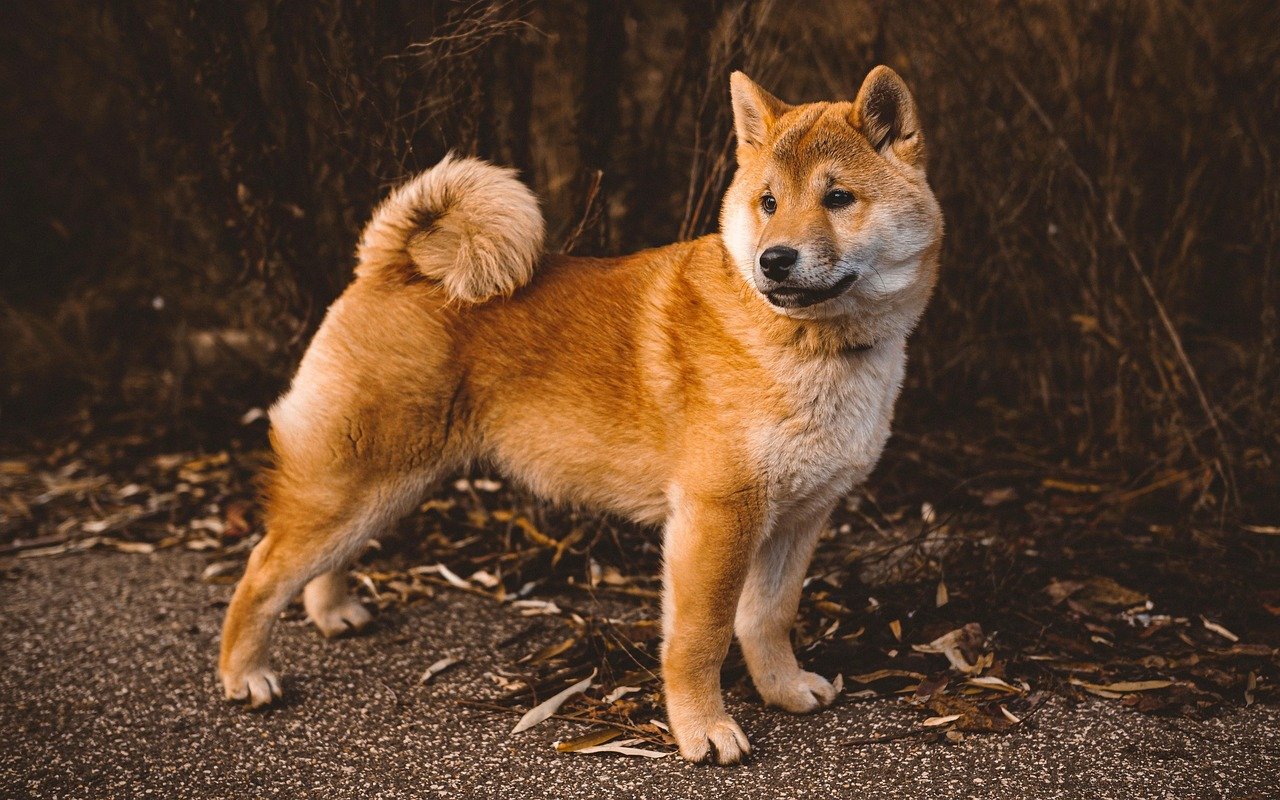
It’s not just nurture—it’s nature, too. Genetics play a huge role in determining how deeply a dog bonds with its owner. Breeds that were developed as lap dogs or companions, like the Papillon or Cocker Spaniel, have a genetic predisposition for closeness. They were bred to be by their human’s side, to offer comfort, and to thrive on affection. On the other hand, breeds designed for hunting or herding may be more independent by nature. This doesn’t mean they can’t form strong attachments, but the bond might develop differently. For seniors looking for unwavering loyalty, understanding breed personalities is key. Sometimes the best match is written in the dog’s DNA.
The Healing Power of Touch and Presence
Scientists agree: touch is powerful. Just petting a dog can lower blood pressure, reduce anxiety, and even ease chronic pain—effects that are especially valuable for seniors. Certain breeds seem to sense the healing power of physical closeness. They love to be petted, held, or simply to rest a head in their owner’s lap. For seniors who may live alone or face health challenges, this simple, gentle touch can be transformative. It’s not just about cuddles; it’s about feeling seen, cared for, and less alone in the world. The dog’s presence becomes a silent promise: “I’m here, and I’m not going anywhere.”
Stories of Remarkable Bonds
Every dog lover has heard heartwarming tales of canine devotion, but it’s especially poignant when it involves seniors. There are stories of dogs who refuse to leave a hospital bedside, or who alert family members when their elderly owner falls ill. One woman, in her late seventies, credits her Lhasa Apso with saving her life after he barked for help during a medical emergency. These aren’t just isolated incidents—they reflect a powerful, mutual commitment. Dogs who bond with seniors often go above and beyond, becoming protectors, helpers, and best friends rolled into one.
Choosing the Right Breed for Deep Loyalty
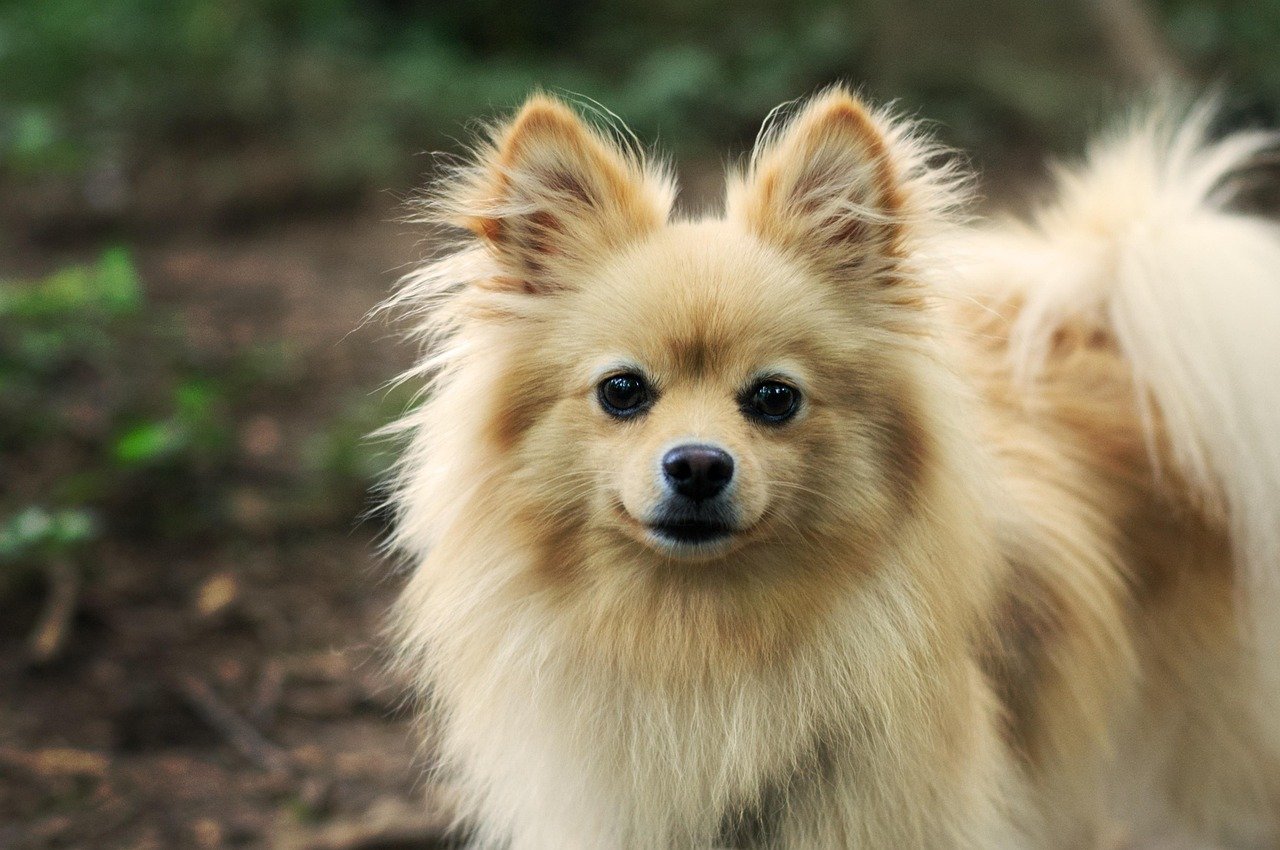
Picking the right breed can make all the difference. Seniors looking for a loyal companion should consider factors like size, energy level, and temperament. Breeds like the Pomeranian, Shetland Sheepdog, or even mixed breeds from shelters can offer incredible devotion. It’s important to match a dog’s needs with an owner’s lifestyle. A quiet senior might adore a gentle, affectionate dog who enjoys long naps and slow walks. Consulting with breeders or shelter staff who understand breed personalities can be a game-changer. In the end, the most loyal dog is the one who fits seamlessly into your life and heart, becoming a true partner in every sense.
The loyalty of a dog is a powerful, often healing force—and for seniors, it can be life-enhancing. Certain breeds, shaped by generations of close human companionship and an innate sense of empathy, form especially strong bonds with older adults. Whether through their calm presence, attentiveness, or unwavering devotion, these dogs provide more than affection—they offer stability, emotional connection, and renewed purpose. Understanding the psychology behind this loyalty helps highlight the unique role dogs can play in the lives of seniors, making them not just pets, but true partners in aging well.

Andrew Alpin from India is the Brand Manager of Doggo digest. Andrew is an experienced content specialist and social media manager with a passion for writing. His forte includes health and wellness, Travel, Animals, and Nature. A nature nomad, Andrew is obsessed with mountains and loves high-altitude trekking. He has been on several Himalayan treks in India including the Everest Base Camp in Nepal.





